
If you have a pond in your garden, you might have experienced the impact herons can have on your fish. Given the chance, they’ll eat your fish day after day, and your pond will have none left before you know it.
In order to defeat the herons, you need to understand them, their behaviours and their diet. They stand at four feet tall but their wingspan can be as much as six feet. You’ll see them standing very still as they stalk their prey before striking.
Herons will usually eat fish, frogs, other small amphibians and even small mammals too. That obviously means the fish in your pond are going to be at risk. So what can you do about it? That’s what we’re going to take a look at today, so read on and find out more.
Let Your Dog Out in the Garden

If you have a dog, you already have one of the things you’ll need in order to prevent herons from hanging around trying to eat your fish. Dogs are a great way to scare away herons. As we’ve mentioned, herons require peace, quiet and focus when it comes to catching their prey, and they probably won’t have very much of that if you have your dog out in the garden chasing them away whenever they land near the pond. If you spot a heron in the garden, simply let your dog out there and it’ll be gone in no time.
Obscure the Pond with a Gazebo or Overhead Covering
If herons can’t clearly see your pond from overhead, they’re not going to land next to it and try to eat your fish. It really is as simple as that. That’s precisely why you should think about how you can obscure your pond with the use of a gazebo or some other kind of overhead cover. It might not prevent 100% of herons landing, especially if the cover is only partial. But it’ll certainly reduce the number of them stopping by and causing you problems.
Install a Fountain

This might not be an obvious one, but it’s actually true that herons really don’t like fountains. That’s because they need the pond and water to be tranquil and still for them to spot the fish within it and to bounce. If you have a fountain that’s constantly flowing and causing ripple effects across the surface of the water, the heron is not going to have the environment it needs in which to launch an attack and eat your fish.
Add Weeds and Other Places for the Fish to Hide

Another thing you might want to think about is how your fish can hide and protect themselves when there is a heron in the vicinity. That’s something that’ll make a big difference, so consider adding more weeds to the pond and maybe some tubing on the floor of the pond. This will give the fish somewhere to flee to when they see there’s a heron nearby trying to attack them. It’s a little thing but it’ll make a pretty big difference.
Plant Tall Shrubs Around the Pond

Another thing you can do is plant some shrubs and plants around the pond. If the heron doesn’t have a place where it can comfortably stand and wait for the right moment to strike at your fish, they won’t be able to successfully eat them. So think about putting these things in place. It’s a simple case of making the whole process less convenient for the herons and less easy. It’s a deterrent that’s worked for many people and many ponds.
Add a Decoy Heron

Herons are not likely to stop by your pond if they see there’s already another heron there stalking out the territory. They’ll likely stay away and instead find somewhere that’s vacant and easier to claim as their own territory. That’s why an effective way of keeping herons at bay is adding a decoy heron to your pond. It simply needs to sit there overlooking it, and you can buy these plastic heron decoys very cheaply too.
Avoid Sloping Edges
The sloping edges of a pond are ideal for herons when they’re looking to attack. That’s why you want to make sure that you don’t have sloping edges in your pond. Instead, you should keep the depth of the pond consistent on all sides. Herons prefer to attack in shallow waters, so they’ll wait until your fish swim into the shallow areas of the pond near the edges. By making sure that these shallow edge areas don't exist, you’ll make it a lot harder for the herons to catch your fish. This point works purely when focusing on the heron issue, however, it may compromise other wildlife's ability to climb in and out of the pond.
Install a Net Cover
Installing a net cover on the pond is one of the easiest, most straight-forward and most effective ways of stopping herons attacking your fish and eating them. A simple net cover is easy to put in place and as long as it’s the right kind of net that can’t be penetrated by the sharp beak of the heron, they won’t be able to reach the fish in the water below. So if you haven’t got a net in place yet and herons are causing you problems, that’s definitely something to consider.
Offer Alternative Food Sources
It’s usually a good idea to look for other sources of food that you can use to take the heron’s attention away from the pond. Herons are opportunistic when it comes to food, so by leaving some bird feed out that they can easily access, they might choose to simply eat that rather than going to the effort of trying to catch fish in your pond, especially when you’ve taken some of the steps discussed above to deter them already.
If you make the most of the tips and ideas discussed here, you should find that you can stop those pesky heroes eating the fish in your pond in no time at all. So try out a few of the ideas mentioned above and see which of them work best in your garden and around your pond.




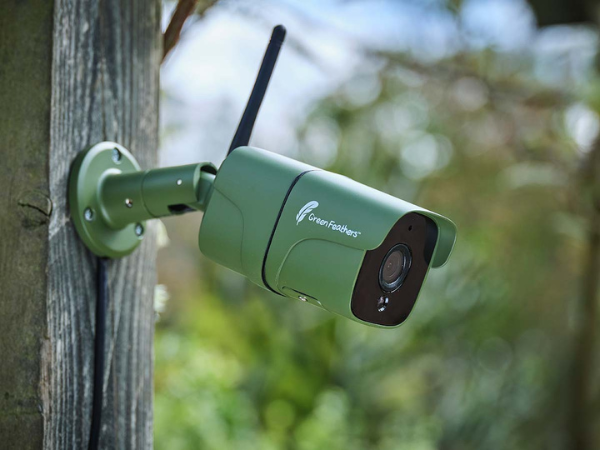
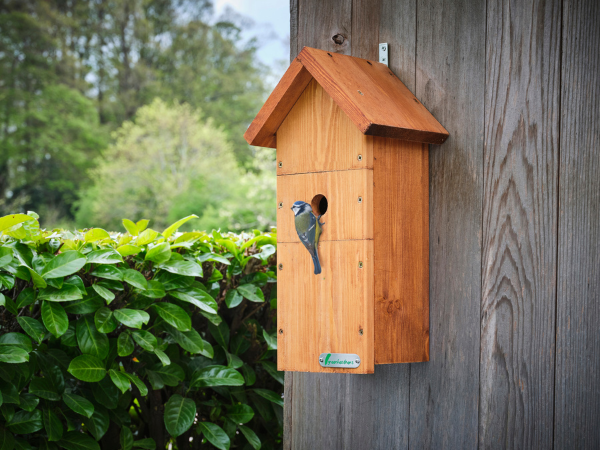
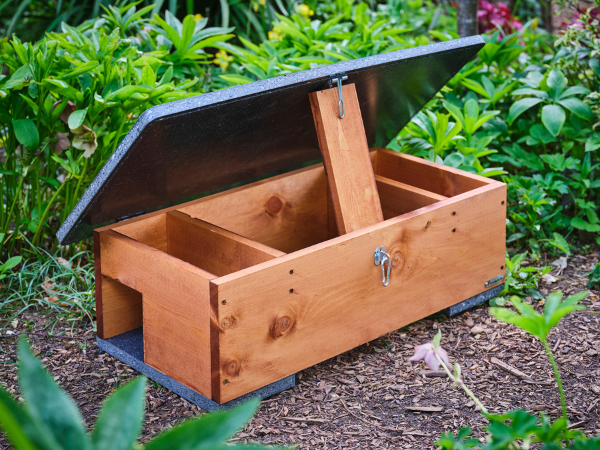
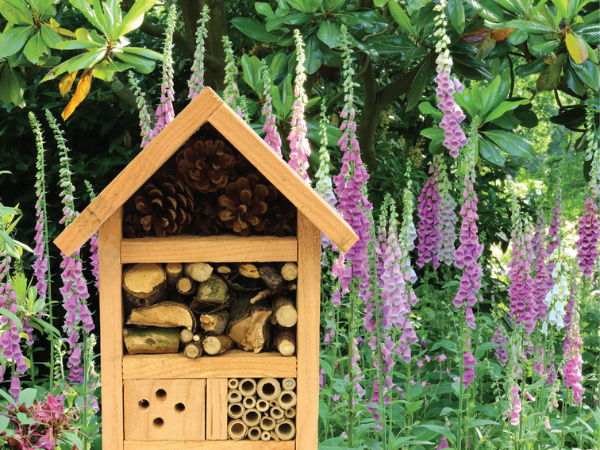
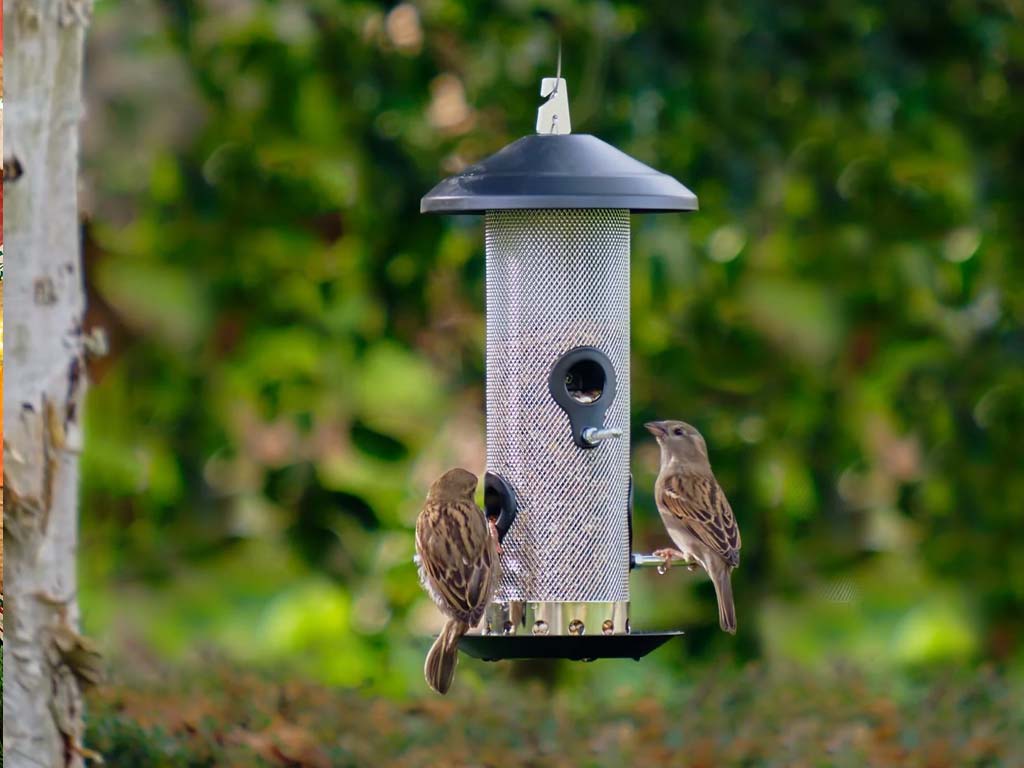
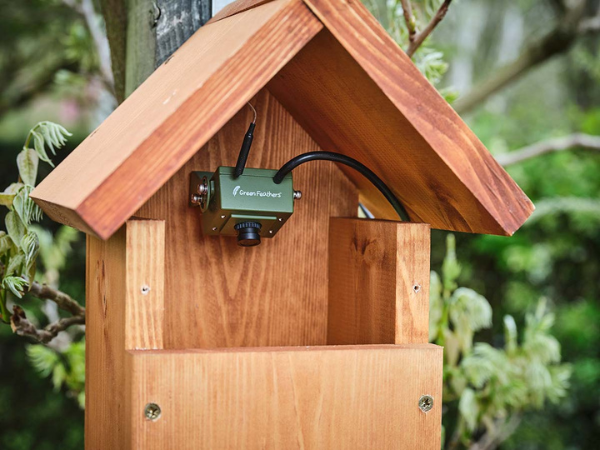
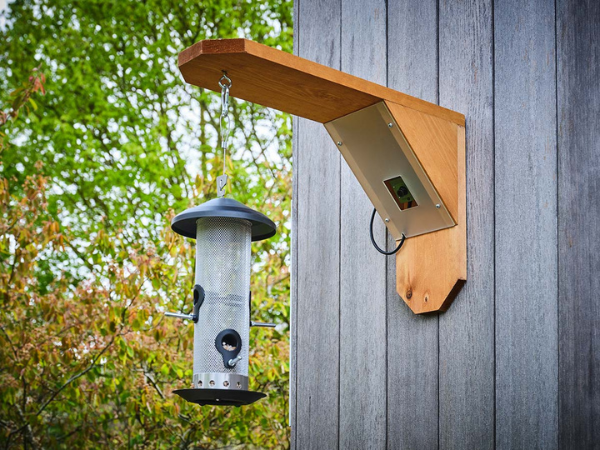



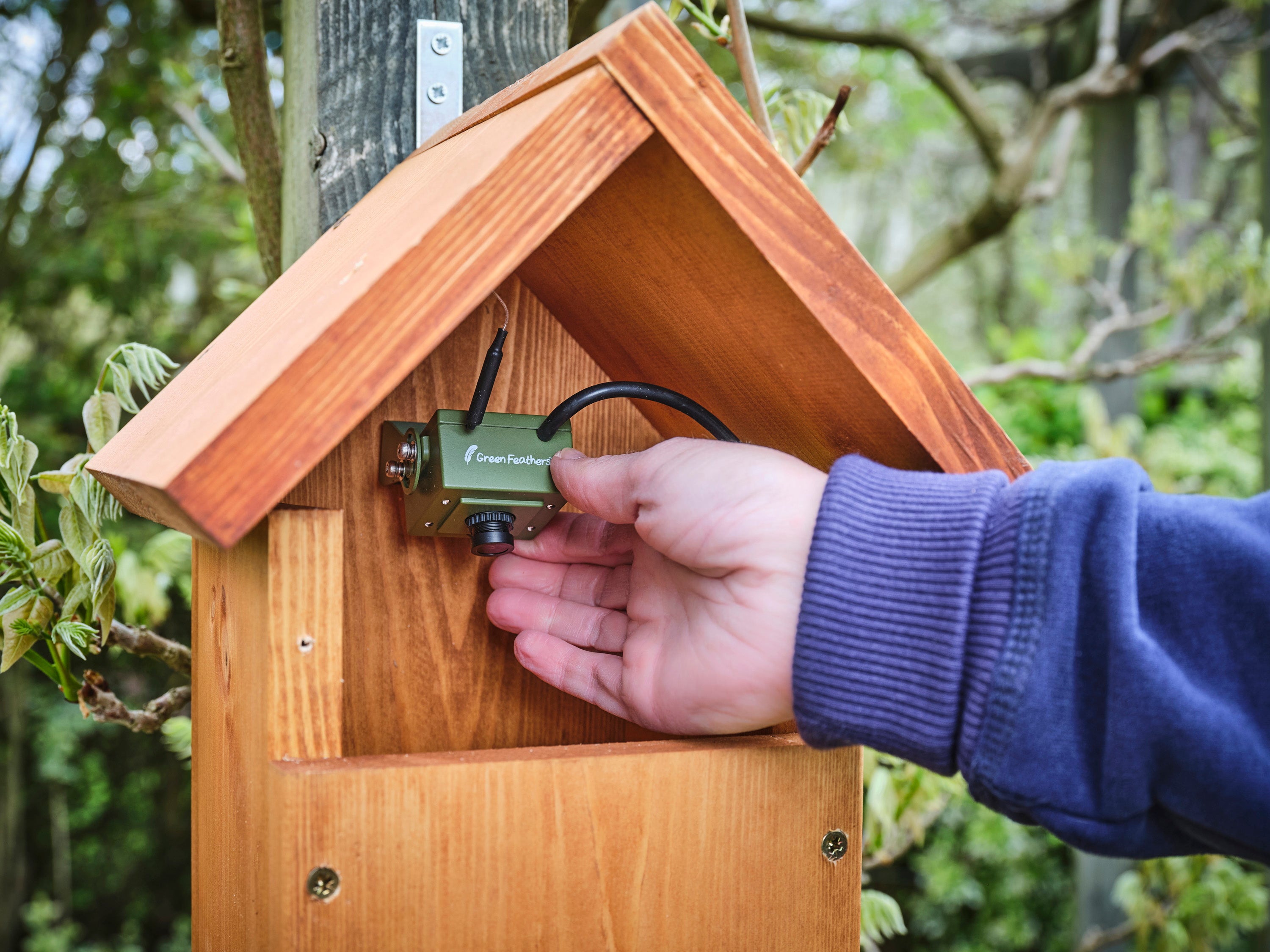
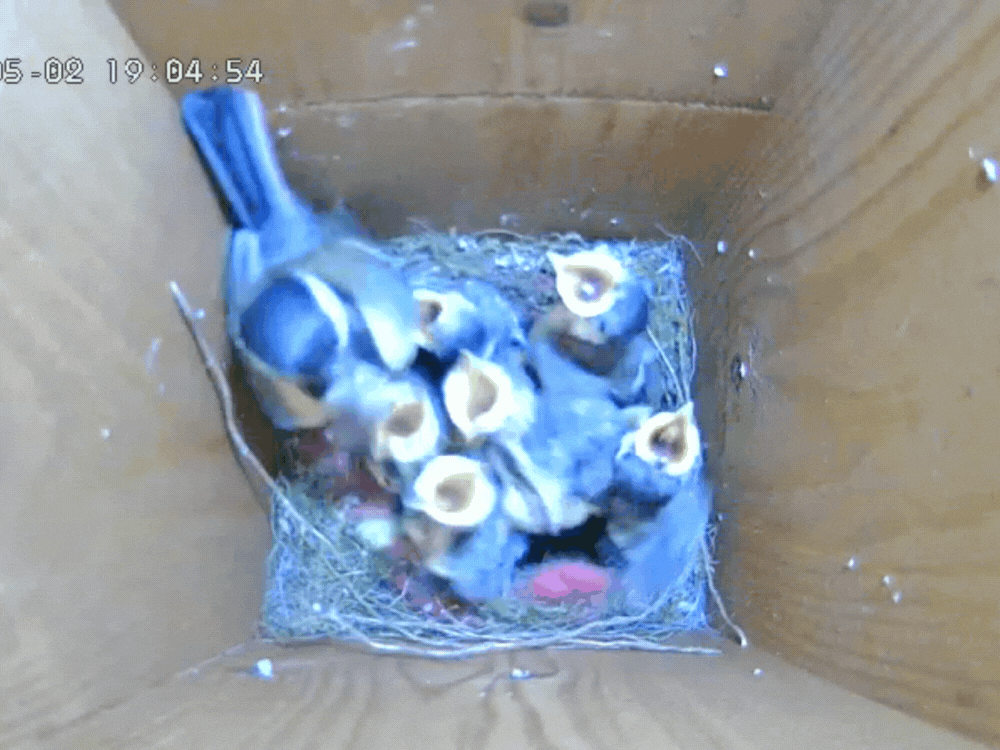

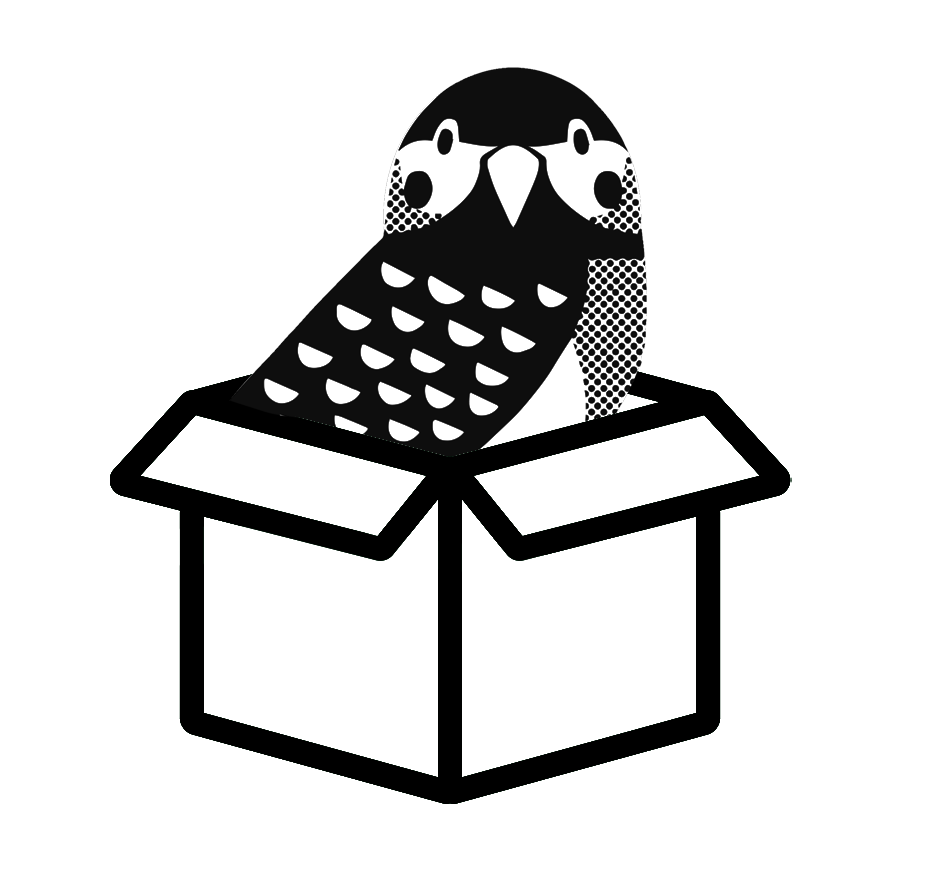
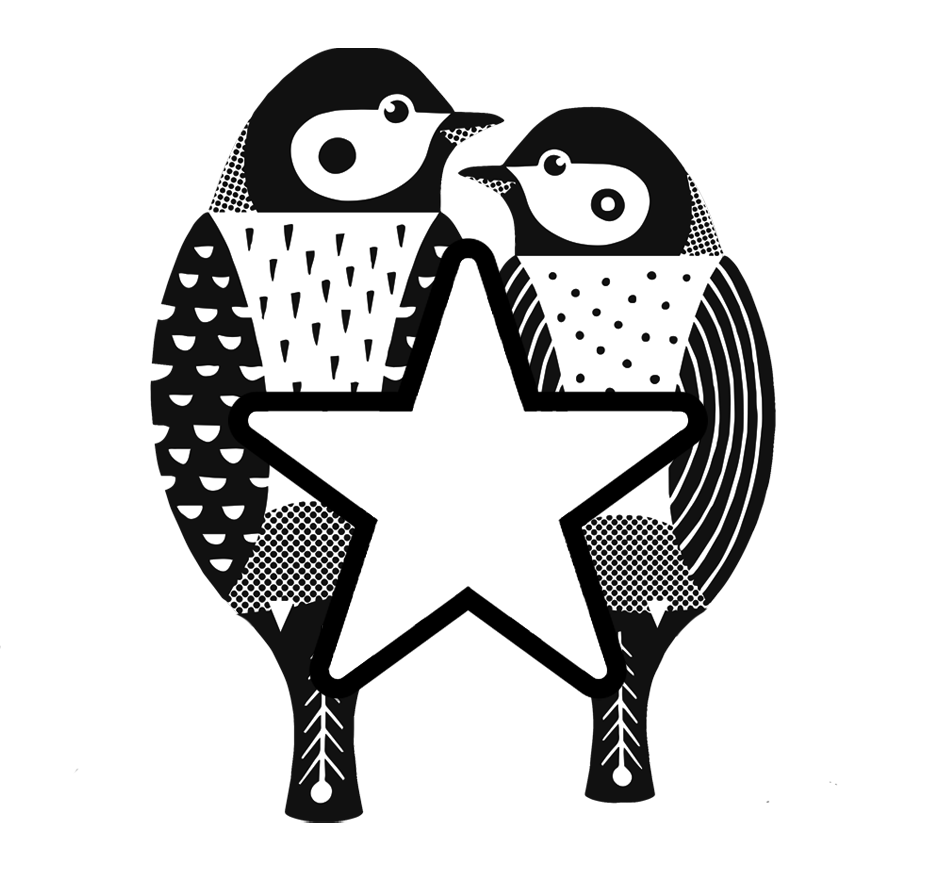
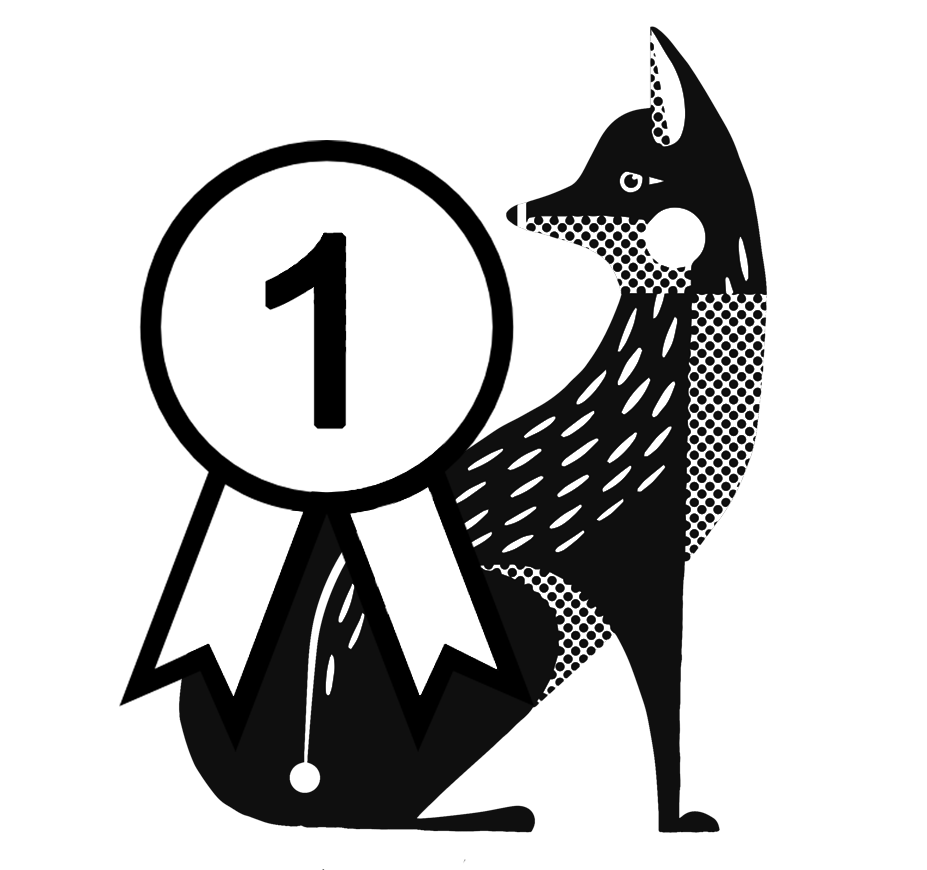


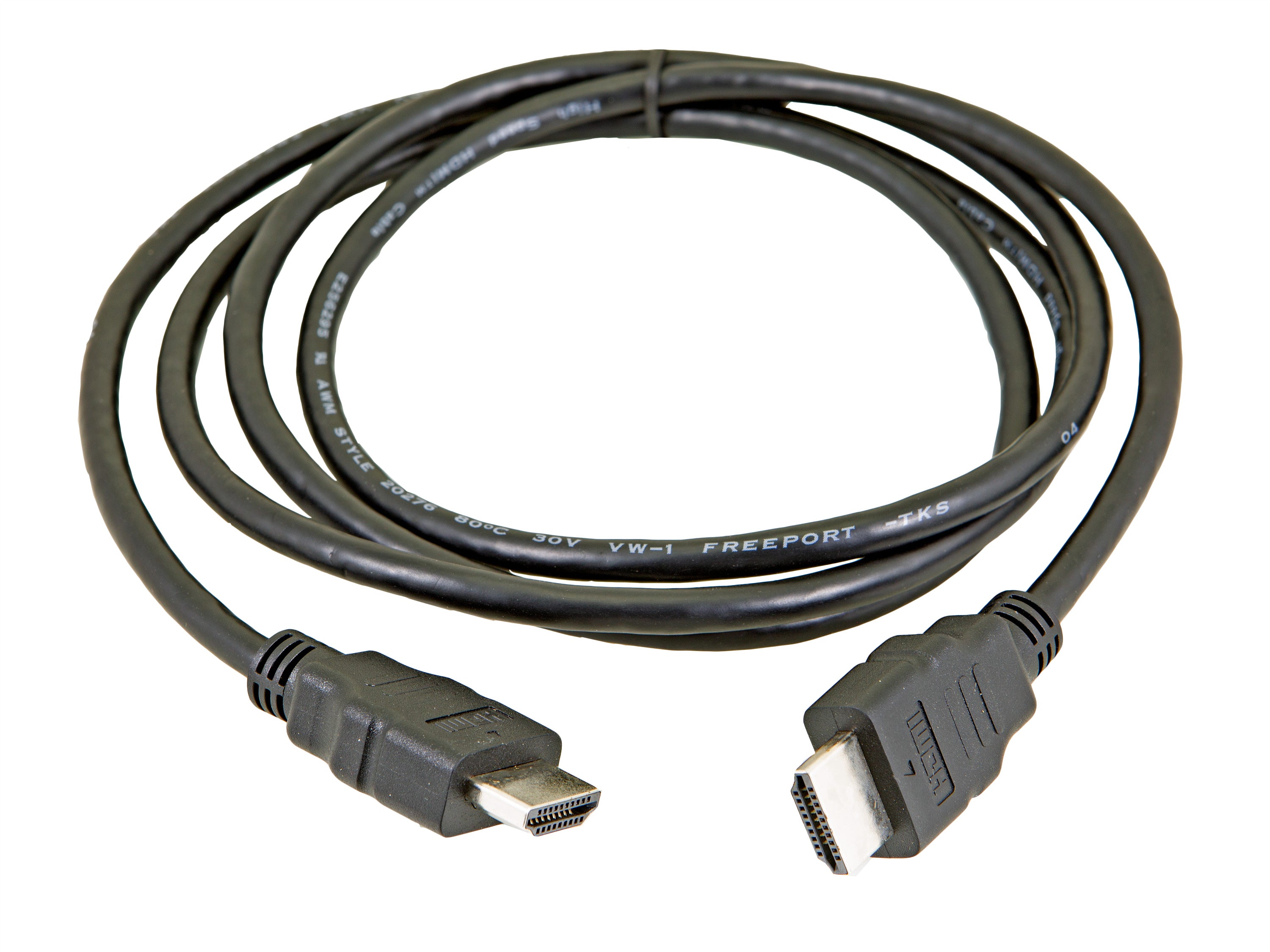
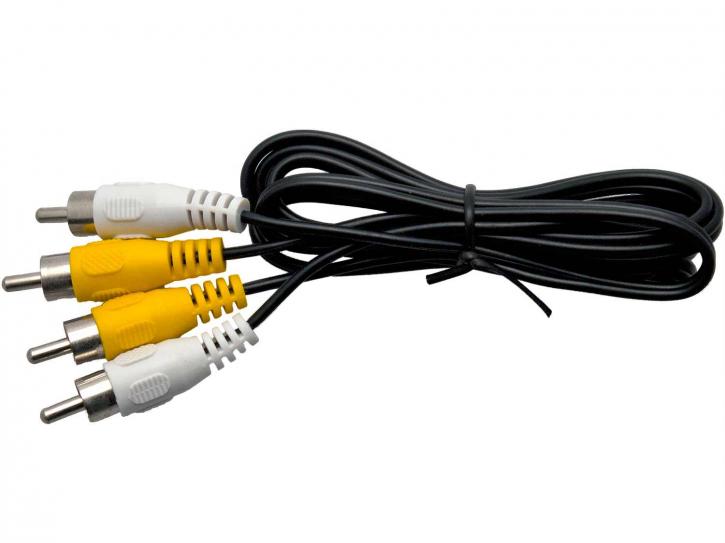
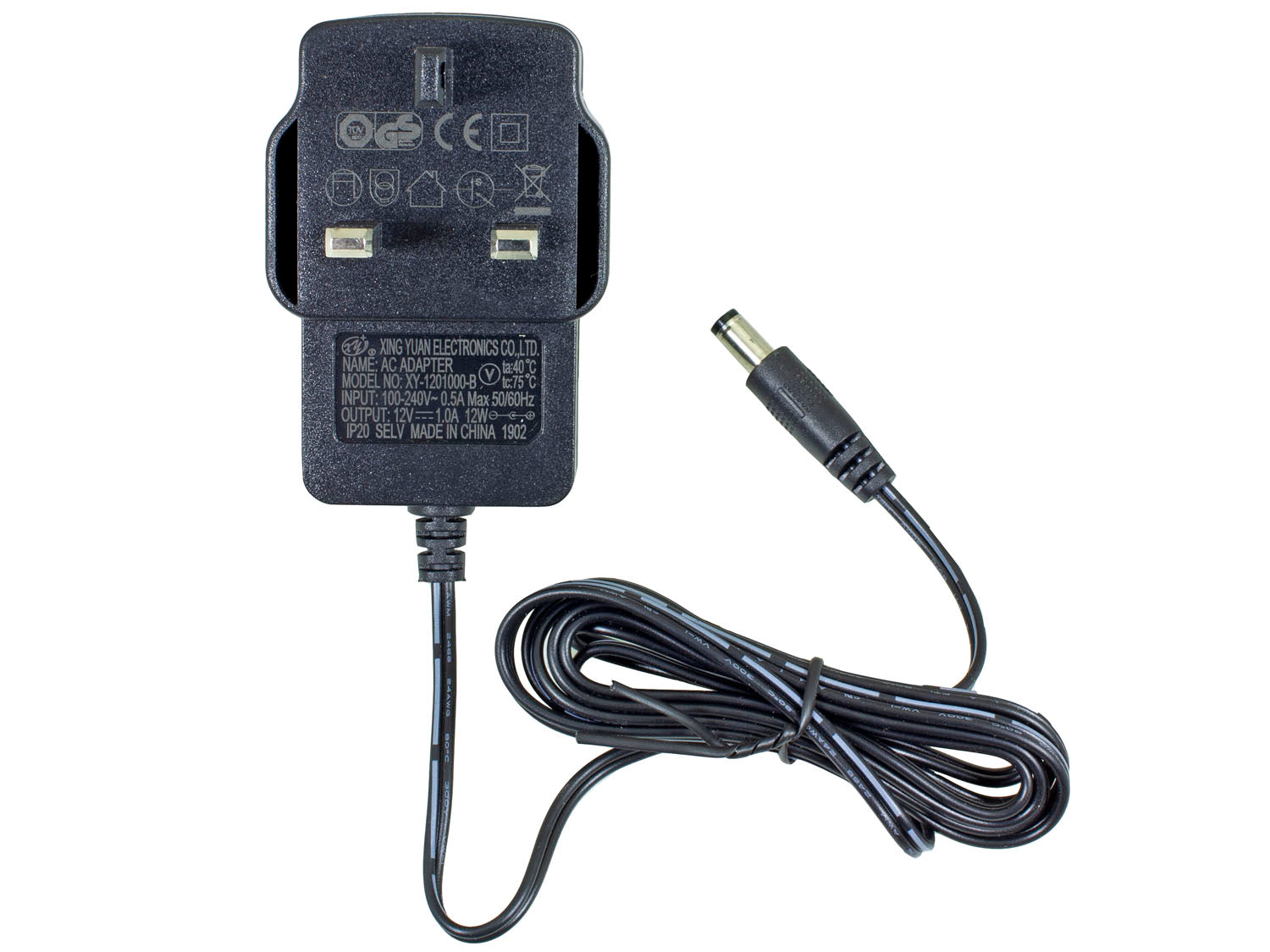
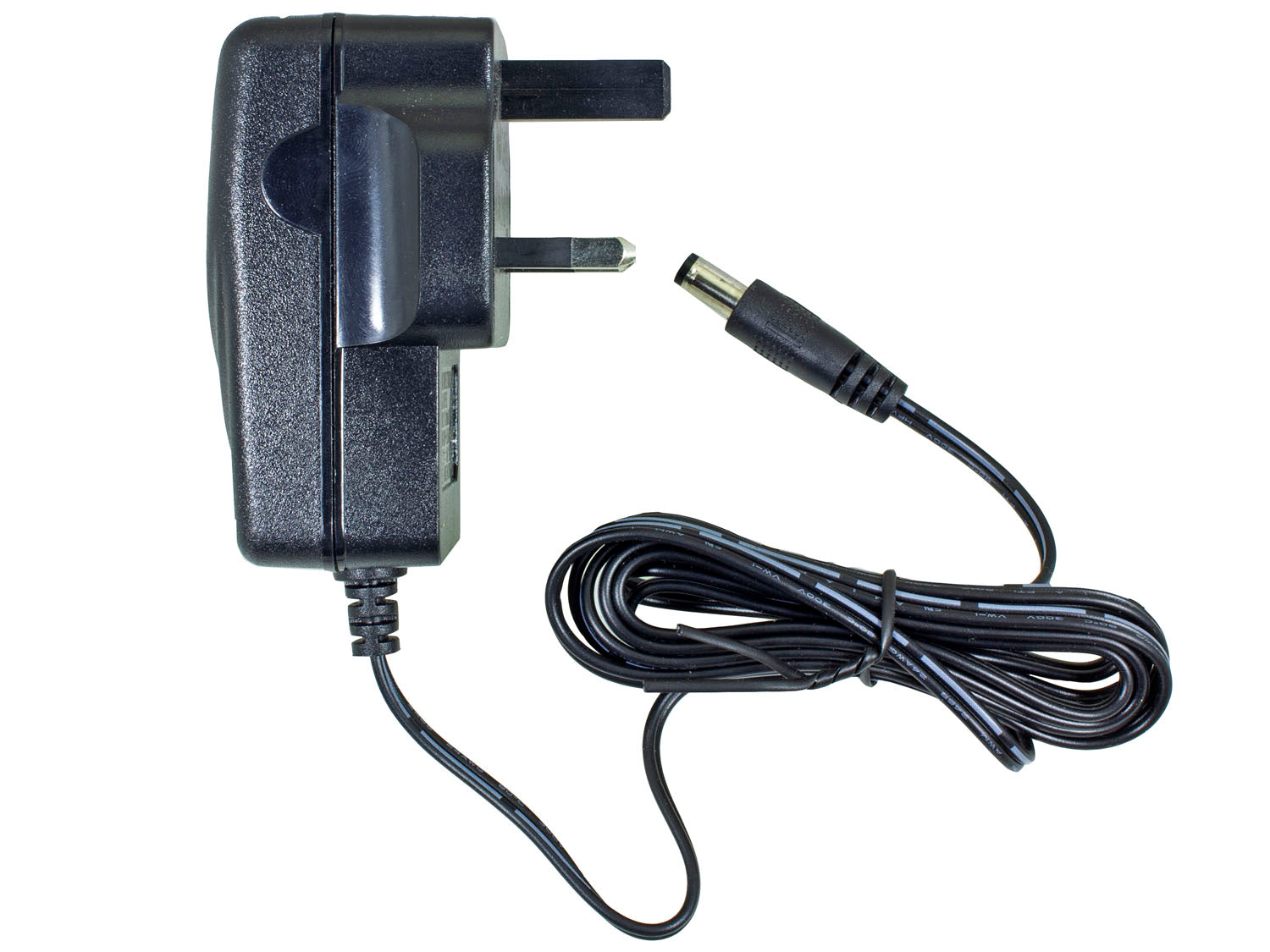
That’s good if I’ve but my fish are still not eating 3 weeks after the heron visited.